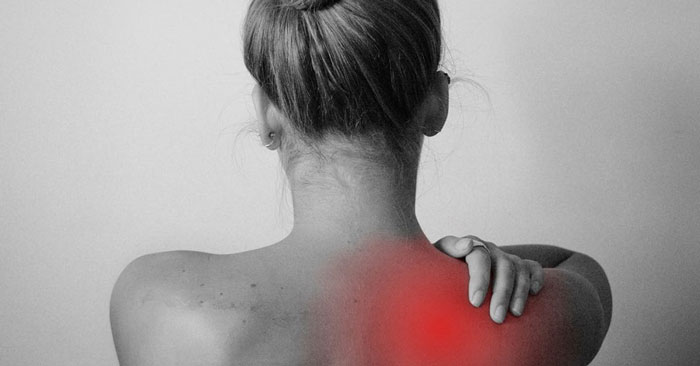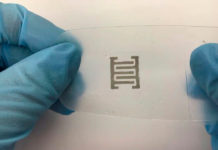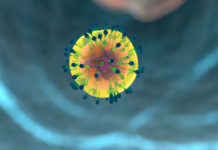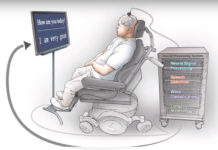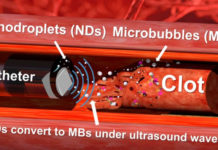In modern medicine, pain relief is one of the main elements in the treatment of many diseases. However, not all patients with varying degrees of pain can receive effective anesthetics. The development of a group of medical scientists from Emory University, Georgia (USA), became one of the promising directions in the field of anesthesiology. It is based on the use of an outpatient procedure that provides long-term pain relief for patients suffering from arthritis in the hip and shoulder joints.
Modern traditional methods of anesthesiology are based on the injection of anesthetics and corticosteroids into the affected joints. The effectiveness of corticosteroids diminishes over time and becomes less effective as arthritis progresses and worsens. The use of drugs based on opioids causes unwanted addiction since they are, in fact, drugs.
The development of American scientists is based on the energetic effect on the nervous system instead of the use of traditional drug injections. During the report on the invention, this energetic effect was called the technique of interventional radiology or cold radiofrequency ablation. The new methodology in anesthesiology was presented by team leader Felix M. Gonzalez, M.D. from the Emory University School of Medicine, Georgia, US.
The new technique consists of placing needles at the locations of major sensory nerves in the shoulder and hip joints. Then the nerves are processed with a weak radio frequency current, which “stuns” them, slowing down the transmission of pain signals to the brain.
Testing of the proposed method of anesthesia was carried out on 23 patients with osteoarthritis who stopped responding to anti-inflammatory analgesia and intra-articular injections of lidocaine and steroids.
As a result of experimental treatment, shoulder pain was reduced by 85% and functionality increased by about 74%. Patients with hip pain experienced a 70% reduction in pain and an improvement in functionality of approximately 66%.
According to the researchers, the cold radiofrequency ablation procedure is not addictive and may later be used in oncology and other fields of medicine, in addition to treating patients with arthritis.

